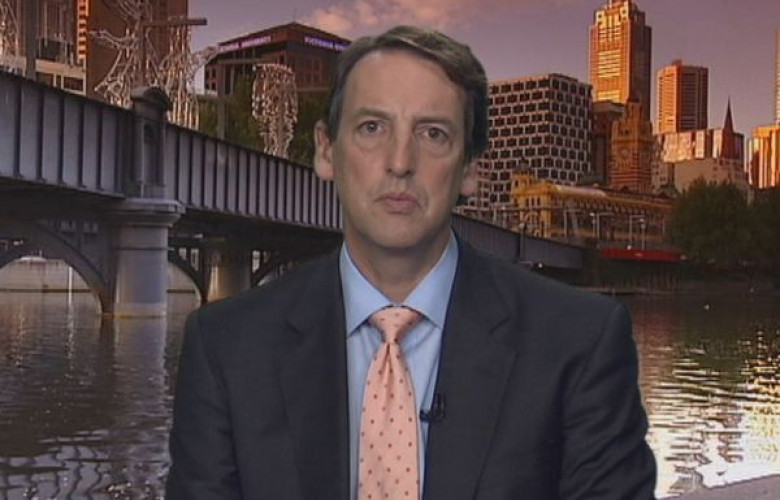Negative gearing: the PM vs Grattan
Contact
Negative gearing: the PM vs Grattan
John Daley has responded to Malcolm Turnbull's detailed blog about negative gearing.
Yesterday, Malcolm Turnbull published a detailed blog response to The Grattan Institute's report, Hot Property: negative gearing and capital gains tax reform.
Today, John Daley, joint author of the report and CEO of The Grattan Institute, has fired back in The Australian Financial Review.
In his blog post, Turnbull notes that the proposed changes to negative gearing outlined in the Grattan report are actually not the same as Labor's proposals. For example, Daley is proposing phasing in the changes over 10 years, and will not grandfather existing investments, neither of which are Labor's policies.
The authors disagree that negative gearing is a "generally accepted principle" in Australia. Turnbull thinks it is, because the policy has been in place for more than a hundred years. But Daley argues that no other country, except New Zealand, allows taxpayers to deduct the interest costs of investment from their wages.
Where Turnbull says changing negative gearing arrangements will have dramatic effects on the housing market, Daley is saying that the overall impact would be modest, but the mix of investment in housing would be different.
Daley agrees that fewer middle-and-low-income earners might be able to afford property investment if Grattan's proposals are introduced, but the changes "should proceed anyway." Turnbull says pushing middle-and-low-income earners out of the investment property market isn't "fair."
Turnbull is concerned that lowering the capital gains tax discount to 25% would make the effective tax rate on real capital gains almost 70%, one of the highest in the world. Daley argues the rate is closer to 55%. Daley also points to the government's paper on tax reform, which suggests that taxes don't significantly affect the level of investment in the economy.
Last night on the ABC's 7.30, Turnbull said that Labor's proposals would remove a third of buyers from the property market, causing a significant fall in prices.
The debate rages on, and ultimately will, as Daley points out, "lead to better policy."





